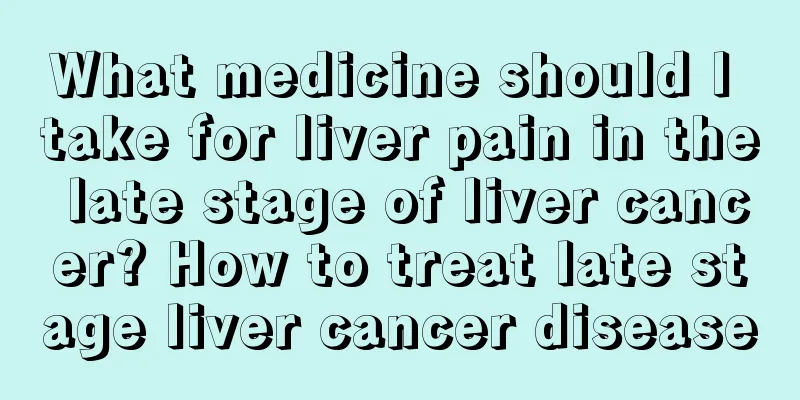Importance of brushing teeth

|
Brushing teeth is something people must do in their daily lives. This is mainly because the temperature of the mouth is very suitable for the growth of bacteria, and the mouth is a place where food and air must pass through. Therefore, if you do not brush your teeth in time, it will not only cause various problems with your teeth, but also easily cause oral diseases. So, how important is brushing your teeth? Here I will introduce to you the importance of brushing your teeth. 1. Remove oral dirt and massage gums It mainly removes oral dirt and massages the gums in order to reduce pathogenic factors in the oral cavity and enhance the disease resistance of periodontal tissues, thereby improving oral health, preventing the occurrence of oral diseases, and promoting the healing of certain oral diseases. 2. Reduce bacteria in your mouth Brushing your teeth can reduce the number of bacteria in the mouth, reduce the nutrients available for bacterial growth, reduce the raw materials that can be used by bacteria to ferment or produce harmful substances, and reduce the harmful substances that have already been formed. 3. Improve the disease resistance of gum tissue The effect of massaging the gums is achieved through the vibrating action of the correct brushing method. It can promote blood circulation, enhance metabolic activity and the keratinization of the gingival epithelium, and improve the disease resistance of the gingival tissue. 4. Prevent heart disease and stroke A study from the State University of New York found that tartar removal, root planing and antibiotic gel to treat periodontal disease (swollen gums) can significantly reduce levels of C-reactive protein and fibrinogen, which can increase the risk of heart disease. Another study completed at Sydney Dental Hospital in Australia found that inflammatory protein levels were significantly reduced in 70 patients with severe dental disease after undergoing tooth extraction. The mechanism is that dental bacteria enter the blood system through bleeding points on the gums, causing new infections in major organs of the human body and increasing the risk of blood vessel blockage. Similarly, dental disease can increase the risk of stroke. A 15-year study involving 9,000 adults found that women who had antibodies to Porphyromonas gingivalis, the main pathogen of periodontal disease, had a two-fold increased risk of stroke. |
<<: Correct posture for brushing teeth
>>: The correct method and steps for brushing teeth with vinegar
Recommend
Which small details of the body may be cancer
Nowadays, "cancer" has claimed so many ...
If you don't know which four types of cancer are likely to be inherited in families, take a look at them now
Which four types of cancer are likely to be inher...
If you get angry, press this area
The manifestation of excessive anger In life, we ...
Laser surgery for skin cancer
The best time to treat cancer is in the early sta...
What's wrong with chest tightness and back pain
You may often feel chest tightness and back pain....
Can nasopharyngeal endoscopy detect laryngeal cancer?
Can nasopharyngeal laryngoscope detect laryngeal ...
Experts analyze the specific symptoms of laryngeal cancer
Laryngeal cancer is a malignant tumor originating...
How to prevent colon cancer
Experts point out that early stage colorectal can...
Metastasis pathways and symptoms of esophageal cancer
The early lesions of esophageal cancer are confin...
What is the treatment for tooth sensitivity
I believe that many of my friends will feel that ...
Symptoms of colon cancer
Early stage colon cancer usually has no obvious s...
The harm of brain cancer should be taken seriously
In recent years, there are many people suffering ...
What is the HSV vaccine
HSV is a type of herpes virus. This virus can be ...
What to do if wool sweater pilling
Clothes made of wool are usually soft and warm, b...
Will teratoma affect life expectancy
Will teratoma affect life expectancy? The name of...









